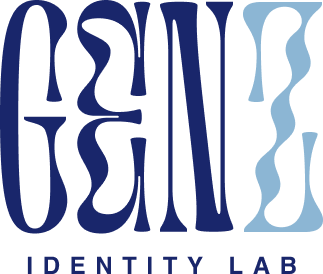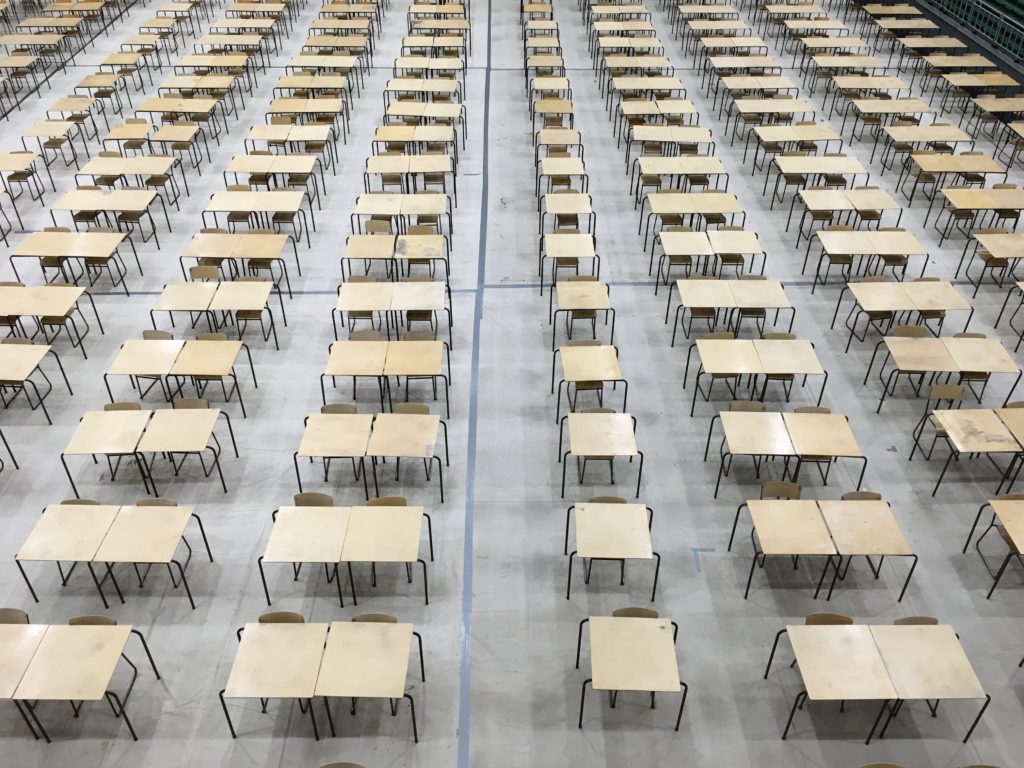Does every student in your school get a computer? Does your school allow you to get certified in things like Excel or Word for free? Do you get guidance on how to apply for colleges? Does your school provide any form of mental health support? If you answered yes to any of these, then you have a privilege that a lot of other students don’t. With this in mind, consider if the school system truly gives all of its students an equal opportunity to be successful?
As a black Pakistani female, for most of my life, I genuinely believed that this world was not made for me to succeed in. However, I don’t feel as though this is an emotion unique to me. Many students are forced into this path by schools – boxed into excelling in one subject and later getting a 9 – 5 that reflects this. That is, only if you know the quadratic formula and are able to give a full rhetorical analysis of Shakespeare’s Macbeth. My fortune of having learned that there is much more out there than the academic bubble we are constricted to isn’t the case for many students across the world. This is unfortunately true because schools don’t teach us to dream big – they teach us to be submissive to the system, and base our worth on a set of letters inscribed on a piece of paper.
Why were schools created?
In order to understand the schooling system, it’s necessary to take a look at its inception. A couple moments of research revealed the answer; during the Industrial age, universal schooling was created to allow for factory workers to be experts in a specific trade. Economists Oded Galor and Omer Moav argue that Prussian factory-style schools caught on across the Western World as the spread of industrialization created a need for compliant, literate workers. It’s shocking how applicable these ideals are in our modern educational system, 200 years later. It’s undeniable – school teaches a blind obedience to authority, the importance of a deadline over the quality of your work, and the idea that being ‘book smart’ is the only way to succeed in life. The current system may have been effective back in the industrial age, but what about now? Now, emotional intelligence is more important than your IQ, and people are encouraged to make their own path in life instead of what society deems as “acceptable.” Our school system isn’t built to teach students the power of individuality.
How is the system inherently unfair?
In our society, children are taught that the ultimate goal is to go to college and get a job. This automatically excludes those who are economically disadvantaged and aren’t able to participate in the experience that is higher-education. To further illustrate how broken our system is, in the United States, the wealthiest 10 percent of U.S. school districts spend nearly 10 times more than the poorest 10 percent. This is a stark contrast to European and Asian nations, where schools are funded totally equally. If we want to understand who happens to live in these poorest districts that don’t get funding, let’s look back 60 years – most people of color were taught in totally segregated schools that were funded significantly less than their white counterparts. Linda Darling-Hammond writes “Recent analyses of data prepared for school finance cases in Alabama, New Jersey, New York, Louisiana, and Texas have found that on every tangible measure—from qualified teachers to curriculum offerings—schools serving greater numbers of students of color had significantly fewer resources than schools serving mostly white students.” Student success is dependent on smaller class sizes, qualified teachers, and a challenging curriculum – if minority schools don’t have these, then how are they expected to succeed in this world?
Are schools really building students up to be successful?
After a quick google search, I was able to find a list of things that indicate success in a person. Now, the big questions appears: are schools really developing these skills in students?
- Ability to regulate your emotional state: One of the most important traits a person can have is the ability to regulate their emotional state. Think about it: life is difficult, and the only way to get through the especially hard days is to understand that you are strong. Our system is failing to provide students with any form of mental health support – instead, we are expected to juggle classes all day, life, and extracurriculars effortlessly.
- Goal setting: Every year, high school seniors are faced with the question of “what is your major?” Far too many are clueless. Their goals for the last four years revolved around letters on a paper that showed how well they memorized information and regurgitated it. If schools started the conversation with students earlier as to how they can leverage their individual strengths into creating long term goals, then students would have a reason to get out of bed and listen to a teacher lecturing for hours. They would finally have something to strive for.
- Communication: It’s not uncommon for students to dread public speaking, especially because they don’t know how to do it well. We spend most of our time communicating with others, and we can leverage these skills to get what we want in everyday life. Imagine if schools encouraged more discussion-based learning instead of forcing testing. By having more discussions as tests, you can actually learn the material and become more comfortable with communicating with others.
- Empathy: In a world so full of suffering, if everyone was truly empathetic, then we could solve many of the world’s problems. Schools can build up good people by educating us on important topics like the real history of racism and how it is still prominent in today’s society. In all of my years of school, all I have learned about black culture was slavery, how it ended, Rosa Parks, Martin Luther King Jr., and so on. Imagine if schools – year-round – taught about bias, privilege, systemic racism, xenophobia, and climate change’s effect on minorities – we could create a new generation of empathetic, and kinder people..
These are only a fraction of the problems facing our educational system today. Our system needs to start giving students the tools to live a meaningful life in the 21st century – not building us up to become factory workers during the industrial revolution.

Kayla Bello is a rising sophomore at Fort Lauderdale High School who is passionate about creating equality whether that is environmental, food, racial, or voting equality. She is an active member of Speech and Debate, as well as many environmental organizations. Kayla is also a Youth Council leader for Fuel Up to Play 60 where she leads students across the country, and works to solve many social issues such as food inequality. She wants to create systemic change by working with businesses and nonprofits to help people around the world. Outside of school Kayla loves to bike, run, and find any opportunity to watch the sunset on a lake or the ocean. She recognizes that Gen-Z is the first generation to have the privilege of widespread access to technology, and with that this generation can make real lasting change. She wants to leverage the immense amount of power this generation holds in order to truly make a difference.


